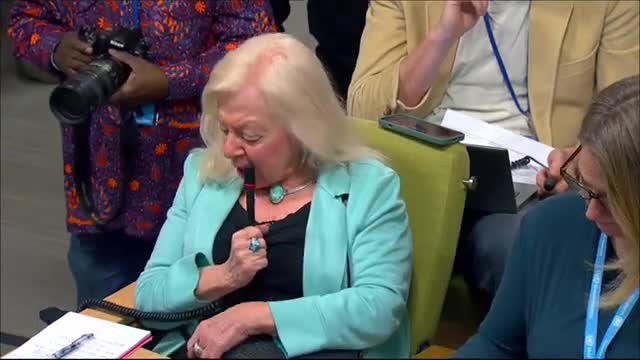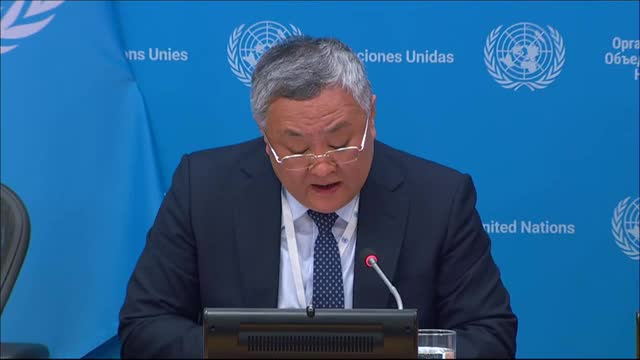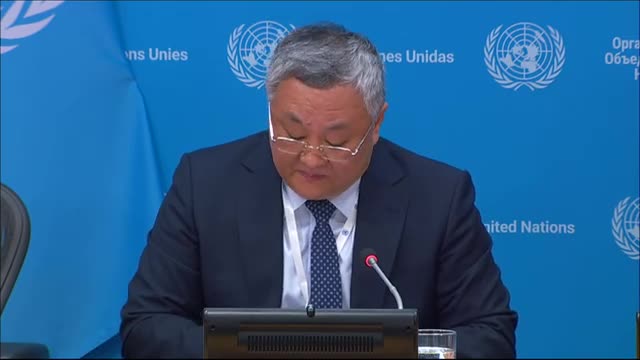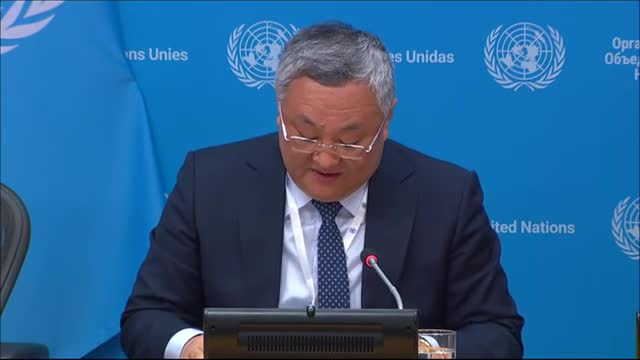Article not found
This article is no longer available. But don't worry—we've gathered other articles that discuss the same topic.

China condemns U.S. 10% tariffs, says it will file WTO complaint; urges U.S.‑China cooperation at U.N., warns against tech bans

China backs quick, robust Security Council response to eastern DRC violence and urges withdrawal of M23 forces

China urges implementation of Gaza ceasefire and signals Security Council consultations on West Bank

